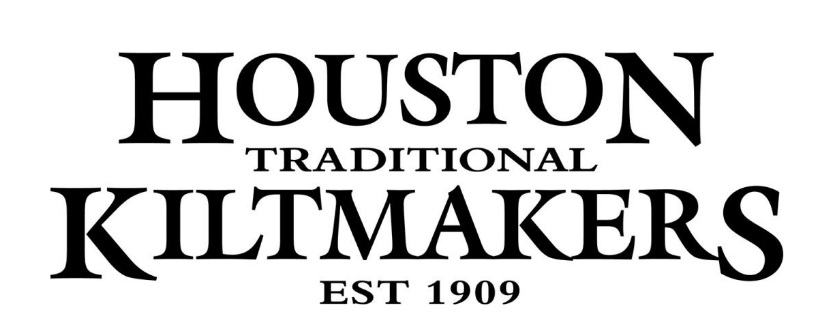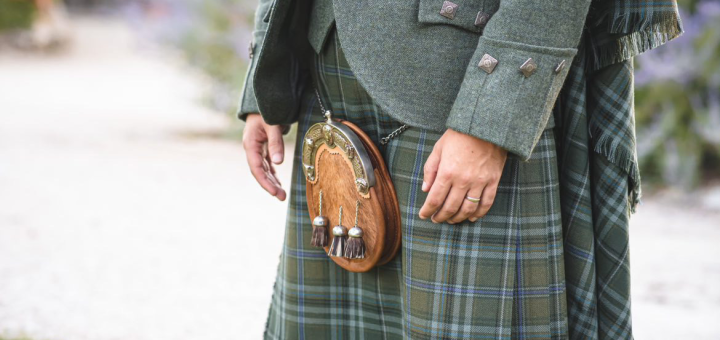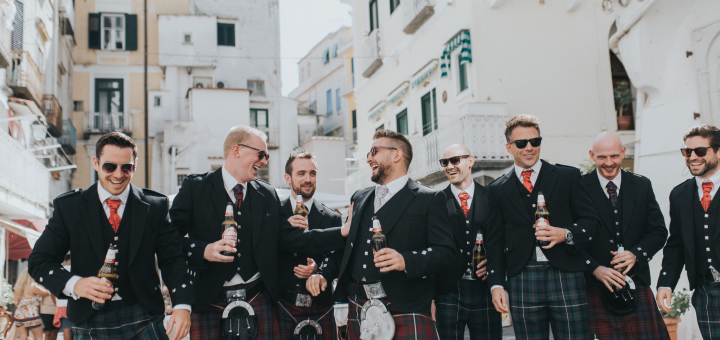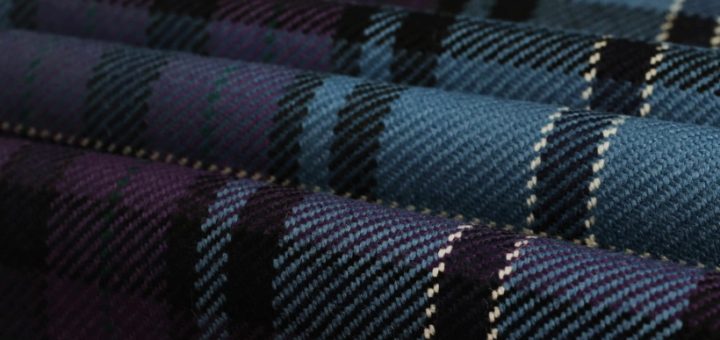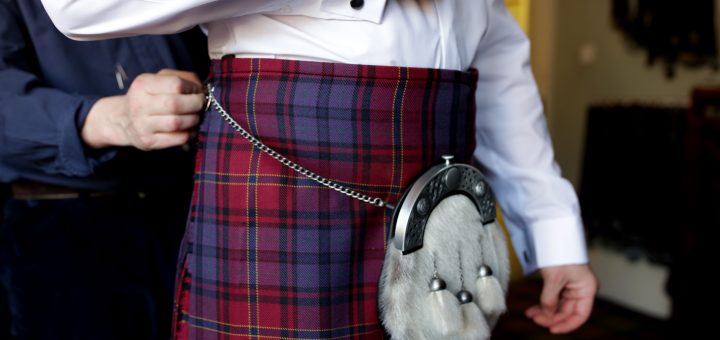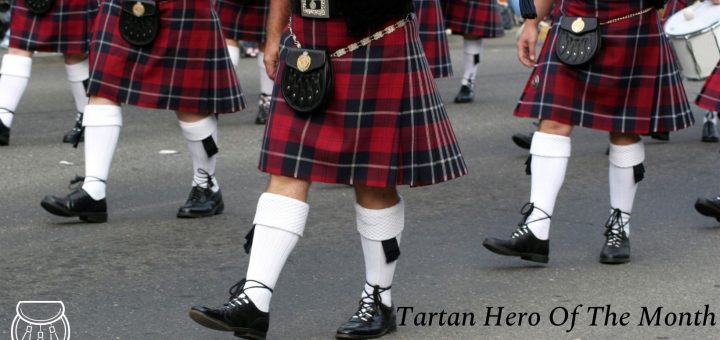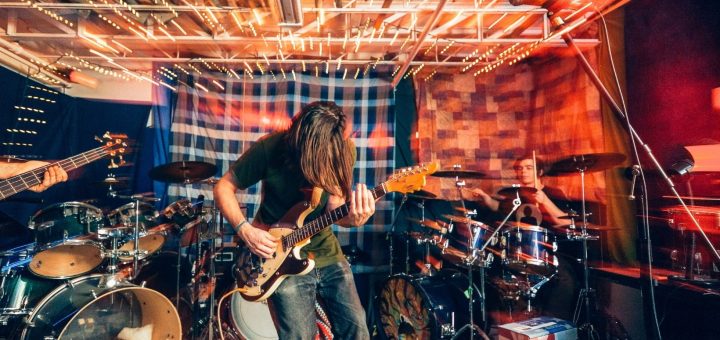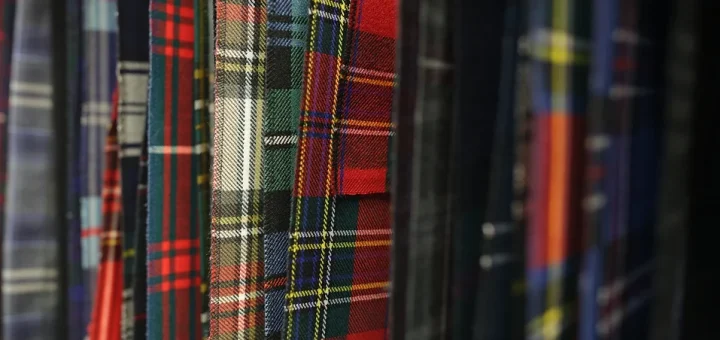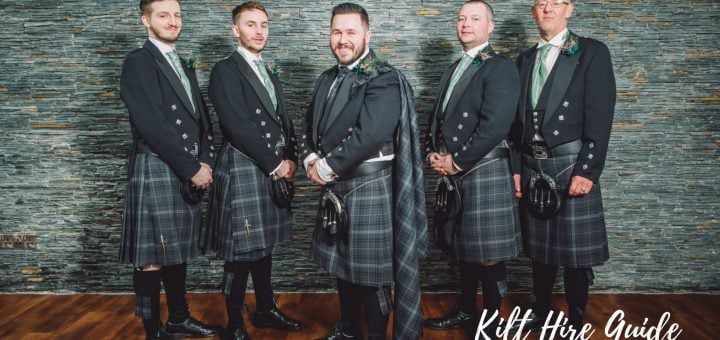Kilt outfit accessories & how to wear them – A master guide
Wearing a kilt outfit is something we recommend everyone ticks off their bucket list and for most Scots a kilt outfit will be a go to wardrobe staple for special occasions. Highland wear is...
